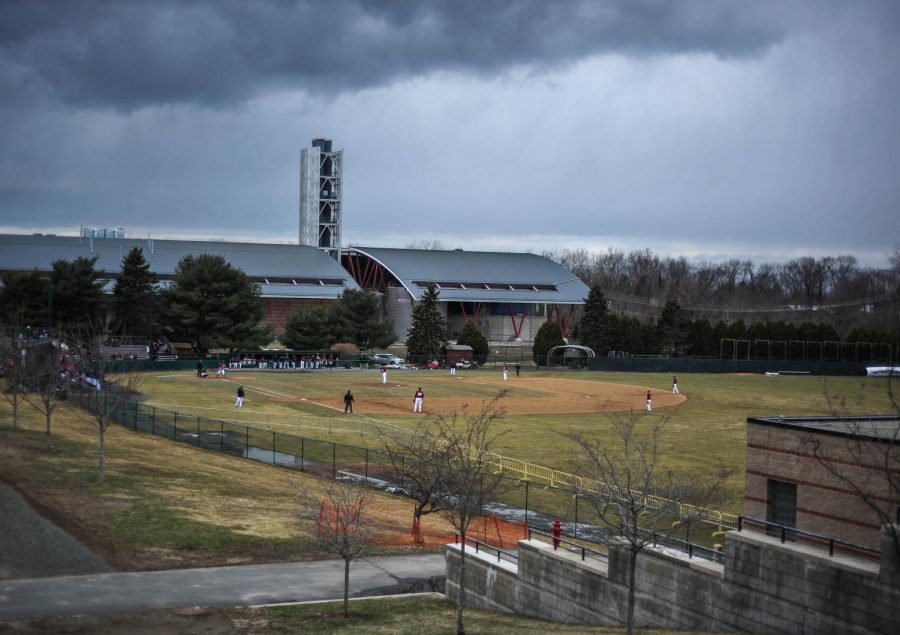The first of three interactive webinars was recently hosted by the Carbon Mitigation Task Force (CMTF), featuring a detailed presentation from the committee followed by a discussion that welcomed public input.
An extensive passage on the University of Massachusetts’ website establishes the primary ambitions of CMTF.
“In April 2019 the Chancellor tasked the newly formed Carbon Mitigation Taskforce to develop a comprehensive, high-level feasibility study that seeks to achieve carbon neutrality from 100 [percent] renewable energy for all heating, cooling and electrical systems of the main campus by 2030.”
This goal, issued by Chancellor Kumble Subbaswamy, has been of the utmost priority for the CMTF since the group’s inception. The team pushing for this goal is a diverse blend of UMass community members made up of faculty, students and staff.
This past April, the CMTF collaborated with a consultant team for the exploration of “carbon-neutral energy options” in hopes of reducing future output of carbon emissions. These more environmentally friendly alternatives may be applicable to the UMass campus, specifically the campus’ “electricity, heating, and cooling, as well as [bus] fleet.”
With sizable long-term goals, namely for the University to become carbon-neutral by 2030, the CMTF has gradually revealed how they plan to guide UMass into becoming a more eco-friendly campus. While UMass is roughly 10 years from reaching the end goal, the event seemed to suggest that it’s never too early to get started on a project of this nature.
The first segment of the event, the presentation, set a simple objective to “share [the CMTF’s] findings to date and the current trajectory of the plan with the community,” according to the event’s official website.
Presenter Lisa Bjerke started off the event telling attendees, “We want your radical honesty about what you think [of our presentation].”
Steve Goodwin, deputy chancellor of UMass, also offered his commentary. “This [initiative] is such an important thing for the University, and I’m proud of what the University has done for sustainability… we’ve had some amazing accomplishments… there are people who are really committed to it.”
Ezra Small of the CMTF said that “climate change is not a future concern, it is affecting both UMass Amherst and the world right now.”
“To mitigate climate change, we need to act urgently,” said Small. “What would’ve been enough for climate action in 2000 is no longer enough in 2020.”
Though the state of climate affairs may seem discouraging, Small said Massachusetts has taken action to work toward a more carbon-neutral future.
“The good news is that the whole state of Massachusetts has taken action, implementing long-term carbon reduction goals,” said Small.
The attendees were divided into breakout groups to engage in meaningful discussions about the plans for a more sustainable future at UMass. All were enticed to voice their questions, comments and concerns.
The remaining two webinars will take place on Wednesday and Oct. 20 and are open to anyone within the campus community, including students, faculty, staff and alumni. They are free for all to attend, but a pre-registration is required.
Further information on the carbon mitigation plan can be found at the Sustainable UMass website.
Cameron Gibney can be reached at [email protected]. Follow him on Twitter at @HayesGibney.



















